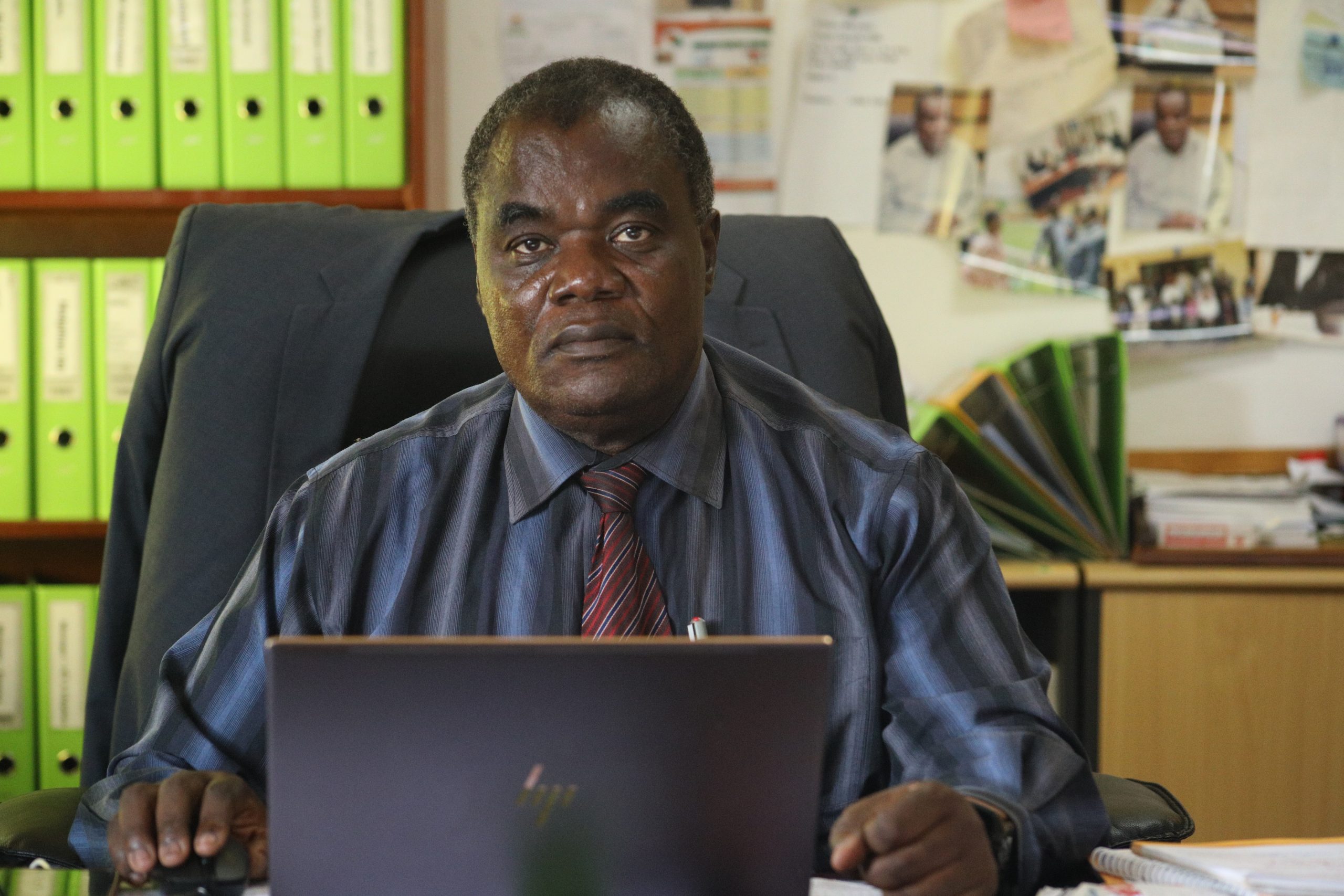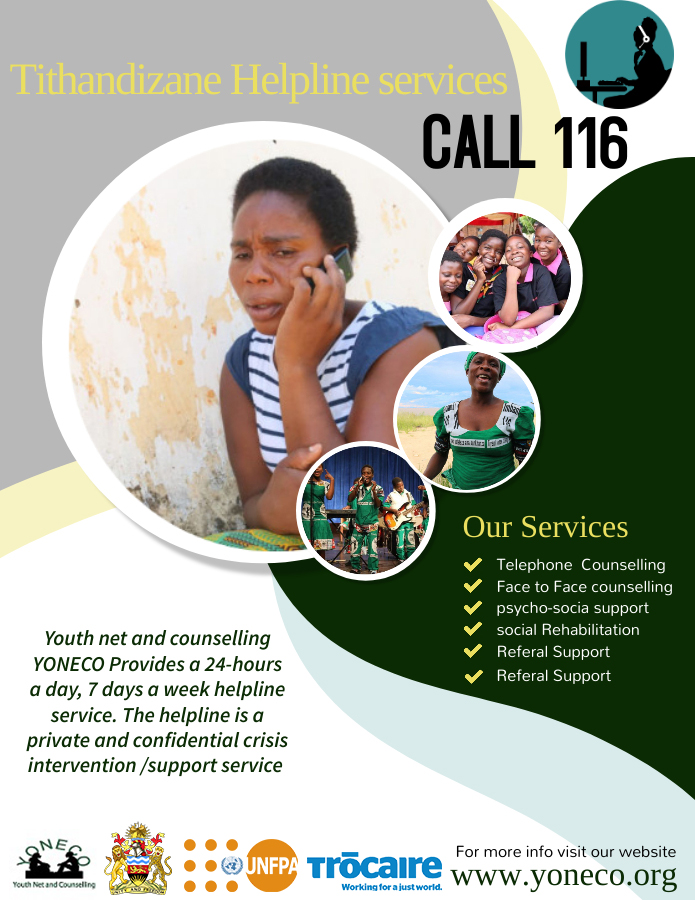Dear Reader,
December 1, 2022 marks the beginning of the last month of the year 2022. It’s also the day we commemorate the World AIDS Day. It is therefore a significant date as it is the beginning of the review of the last 11 months, assessing our achievements against the plans we had put in place and deciding
the next 12 months.
It’s a day when we have to make and break, dealing with the undefined and unseen yokes and chains around ourselves which are only mental and not physical. It’s the time when we have to deal with the big disease of excuses called “excutisis” and make progress.
Unfortunately for the majority of us, sadly, do not want to accept the reality and plan on refocusing. We are busy pushing the blame on everything else including fuel and forex crisis that we are currently facing. Well, we can spend the time thinking about these but we need to seriously look at ourselves. Self-accountability is lacking as we tend to think about others being accountable for our failures. Ask yourself what we could have done better in the last 11 months and how we are going to reflect the changes as we plan for the new year.
While we are celebrating world AIDS Day under the theme ‘Putting ourselves to the test: Achieving equity to end HIV’. It would be critical to define equity and, in this context, ‘it is the absence of unfair, avoidable or remediable differences among groups of people, whether those groups of people are defined geographically, demographically, socially or economically.
As we celebrate the World Aids Day, let us spend our time thinking about access to HIV services for marginal groups like street connected young people, young people using drugs and alcohol, women living in violent relationships including young people in intimate partner violent relationships, pregnant and parenting adolescents among others. We need to reach them with information about testing, prevention, care and treatment. Adherence to these social groups can be a nightmare, but we need to find mechanism to enhance their access to services.
Malawi has seen an increase in suicide cases being report and in particular for men. Well, this is as a result of increasing mental health issues among the communities. Attempting suicide unfortunately is a criminal act. We, therefore, as a country need to reflect seriously about the issues of mental health and what needs to be done to decriminalize attempted suicide.
We need to put in place more support mechanisms and also engage people. People should develop a tendency of checking on each other. Those of us who are challenged, please seek support and meet a mental health provider at the nearest health facility or call Tithandizane Helpline Services on the following numbers: 6600, 5600 and 393.
Malawi joined the world in commemorating the 16 days of Activism against gender-based violence and violence against women. The event starts from 25 November to 10 December every year. As we commemorate the days, YONECO records high numbers of GBV cases in all its facilities and drop-in centres. Child marriages are on the increase, violence in families is increasing and women are socially, economically and physically abused.
More worryingly is that we have huge investments in the launches and limited support to supporting structures in the system. We therefore need to refocus in terms of our interventions and identify what we are missing. We need more action research to understand the issues relating to GBV. What is more interesting is that the 16 Days of Activism concludes with the World Human rights day on 10 December 2022.
Malawi joins the world to commemorate the 75th anniversary of the Universal Declaration of Human Rights amidst the world bank report that has again listed Malawi in the bottom 10 of poorest countries.
Poverty continues to impinge on the human rights of the people leading to non-participation in
matters affecting them, poor health, lack of access to basic services among others. What is more worrying for Malawi is the increasing corruption and theft of public resources that hamper the people’s rights, it would be important to reflect on this on 10th of December as we celebrate the 75 years of Universal Declaration of the Human Rights.
Moving into 2023 requires serious reflections on how we have managed 2022. The year 2022 was hopeful as the COVID-19 was seen to subside. Unfortunately for Malawi this has been a year of devaluations, persistent power blackouts, lack forex and long ques of fuel affecting both our work and social life. Commodities skyrocketed in pricing and scarcity of fuel and persistent power blackouts led to less production, closing down of companies, retrenchments and ultimately mental health challenges.
These have also impacted on GBV and general wellbeing of women, youth and children. Ministry of Education reported a decline in completion rate for primary school to below 50% while the entry into primary education has also reduced. Malawi needs to seriously reflect on these matters if we are going to make progress. Malawi2063 envisages a middle-income country by 2063 but if the trajectory we are seeing continues, achieving SGDs in 2030 and Malawi2063 is very unlikely.
We need to start being a production led economy as opposed to being a consuming economy.
Have a blessed last month of the year 2022.


